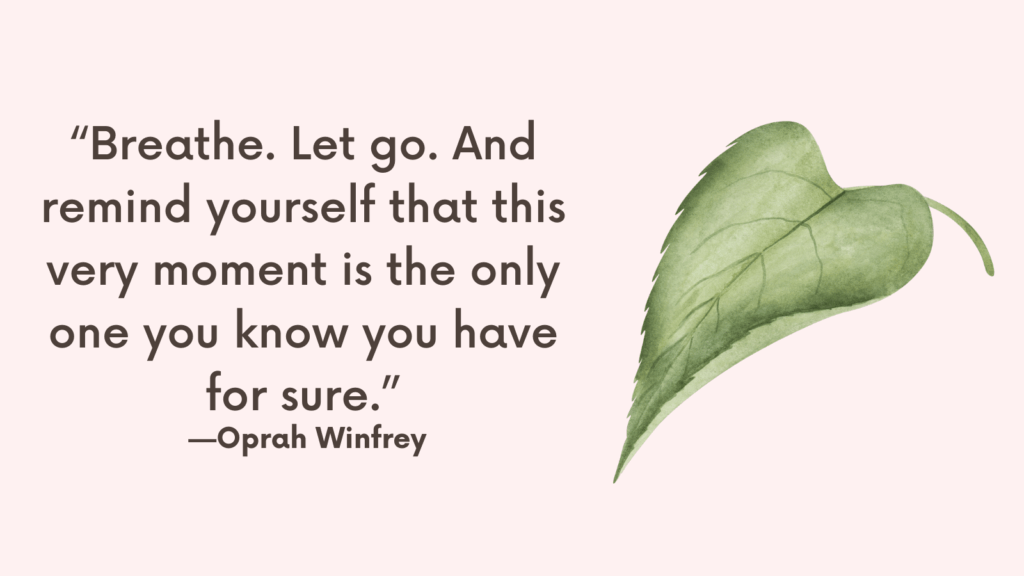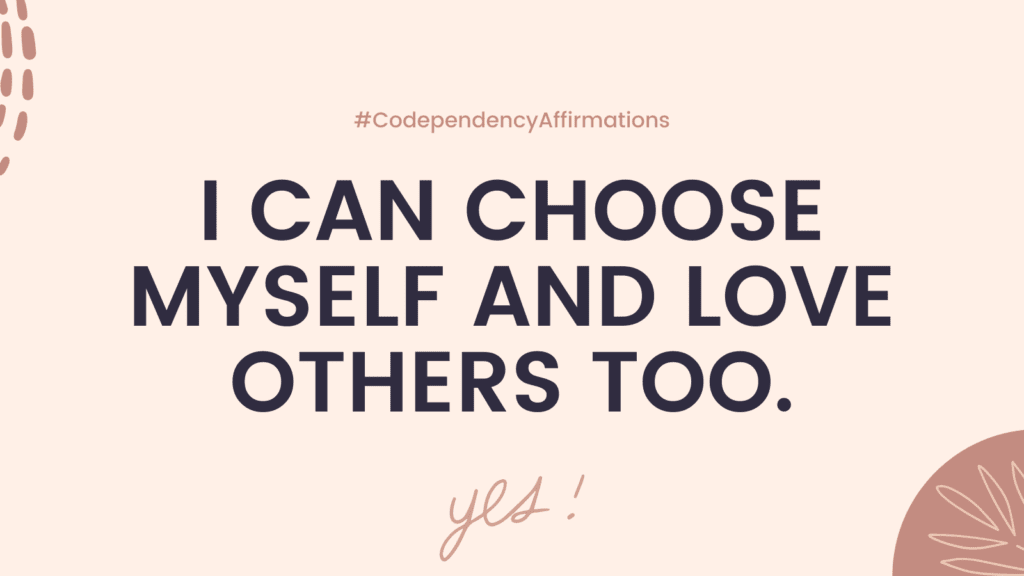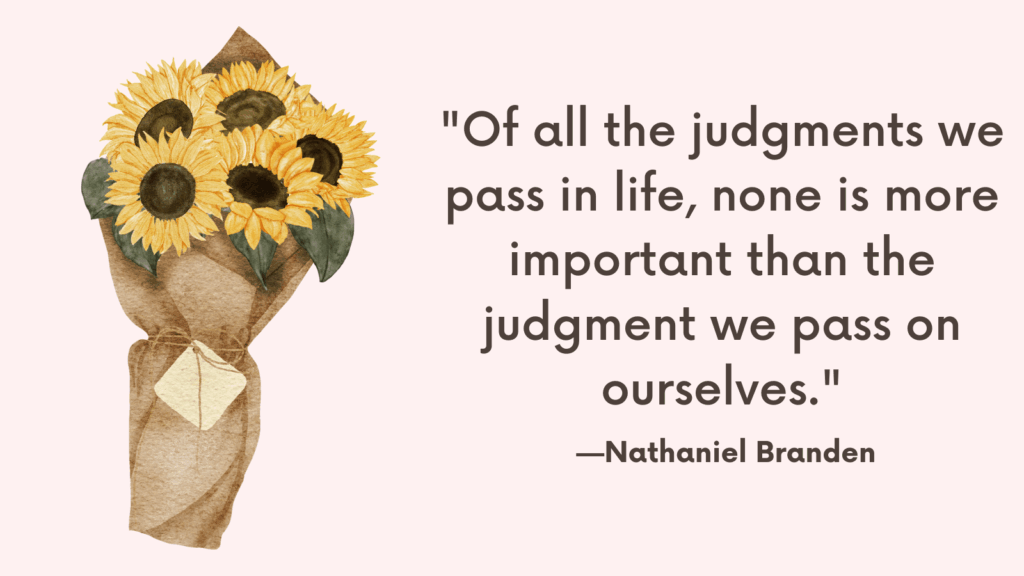In this post, you’re going to learn how to stop trying to control everything and start enjoying your life.
do you struggle with wanting to control everything?
It feels good to know that we’re in control of things in our life.
However, thinking that we can always be in control over everything in our lives can present some issues.
We can’t fit all the circumstances and people in our lives, into the way we think they should be.
On the other hand, once you learn how to let go of the things you can’t control,
You’ll be able to devote more of your time and energy toward the things you can control, and achieve more in life.
If you’re someone who is trying to keep everything under control, you usually, share some of these signs:
- You spend so much of your time and energy trying to prevent something from happening, or wishing other people would change.
- You believe that the outcome of every situation is solely based on how much effort you make.
- You struggle to delegate tasks or trust other people because you don’t think they’ll do it right. You also struggle with teamwork.
- You don’t feel comfortable asking for help.
Related: Top 70 Detachment Quotes To Help You Let Go
Why Do I Need To Control Everything?
1. Managing anxiety
People try to control everything in an attempt to better manage their anxiety.
They believe that if they have everything under control, then there will be nothing to worry about. Instead of working on managing their anxiety, they try to control their environment.
2. Not being able to trust others’ capabilities
Another reason why people try to control everything, is because they don’t trust other people’s capability.
Instead of delegating tasks, they prefer to do it themselves to make sure it’ll be done right.
They also struggle to ask for help because of their lack of trust in others and their inability to give away control.
Related: Best 9 Tips On How To Receive More In Life And Relationships?
3. Our Belief system
We decide what’s within our control and what’s not, depending on our belief system.
Psychologists refer to this as the locus of control. People with an external locus of control believe that their lives depend highly on external circumstances like fate and luck.
On the other hand, people with an internal locus of control believe that their lives depend on how much effort they make.
They take full responsibility for their successes and failures in life and they believe they have the ability to control everything in their life, from controlling their finances to controlling their health.
For example,
Someone who attends a job interview and who gets rejected, despite possessing the right qualification and experience for the position, if he has an external locus of control, he would think to himself that maybe someone else who’s overqualified applied for the job or that the interviewer didn’t like him.
On the other hand, if he has an internal locus of control, he’ll think to himself that maybe he didn’t do a good job impressing the interviewer, or that he should’ve redone his résumé.
How locus of control develops
Having an external or an internal locus of control depends largely on your experiences in life, whether it was from your childhood or adulthood. If you noticed that hard work pays off, you’re likely to have an internal locus of control.
However, if you concluded that no matter how hard you work, things just don’t turn right, you may develop an external locus of control.
While an internal locus of control has often been idealized as the best belief system, there can be potential downsides to believing that you can control everything.
Related: Negative Core Beliefs List (& 8 Tips On How To Challenge Them)
The Problem With Controlling Behavior
Trying to control everything presents several issues including:
1- It leads to increased anxiety
It’s impossible to be in control of everything or to maintain that control.
You’re bound to fail at times, and the more unsuccessful attempts to control the situation you make, the more anxious you’ll become.
2- It wastes your time and energy
It takes so much of your time and energy to worry about things outside of your control, or to wish circumstances were different, or to try to convince people they needed to change or do it the other way.
3- It damages relationships
Telling people what they should do or how to do things isn’t exactly an attractive trait.
It’s likely going to repel people away from you.
4- You end up blaming yourself for everything
If you think that everything is within your control, you’ll believe that you’re responsible for everything that doesn’t go according to your plans.
And blaming yourself for everything that happens isn’t exactly healthy for you.
Related: Get Out of Your Own Pity Party: How to Stop Pitying Yourself?
How To Stop Trying To Control Everything?
#1. Develop A Balanced Sense Of Control
To achieve a balanced sense of control in your life, you need to first, take notice of your control beliefs.
Examine the times when you’ve given people and circumstances you can’t control too much of your energy and time.
Then, remind yourself that there’s a lot you can’t control:
- You can take someone out, but you can’t control whether she/he has fun.
- You can take your child to the best school, but you can’t control how good his/her grades are going to be.
- You can do your best at work, but you can’t make your boss recognize your work.
- You can take so much care of yourself, but you can’t prevent illness.
- …
Related: Overcome Suffering In Your Own Way: 4 Keys To Relieve Suffering
#2. Identify Your Fears
When you find yourself devoting so much of your time and energy toward controlling someone or a situation, ask yourself what are you so afraid of?
Are you worried that things might go wrong?
Or that the person might make a bad choice?
Acknowledging your fears will help you understand them better, and change your belief about what you can control and what you can’t control.
Related: Dealing With Avoidance: How to Calculate Risks And Overcome Fear In Life?
Pro Tip: Choose your support system wisely. Consider online therapy and choose from thousands of licensed therapists and mental health counselors. Connect wherever and whenever it’s convenient for you by phone, texts, or video sessions. Check out Online-therapy now and get 20% off with this link >>
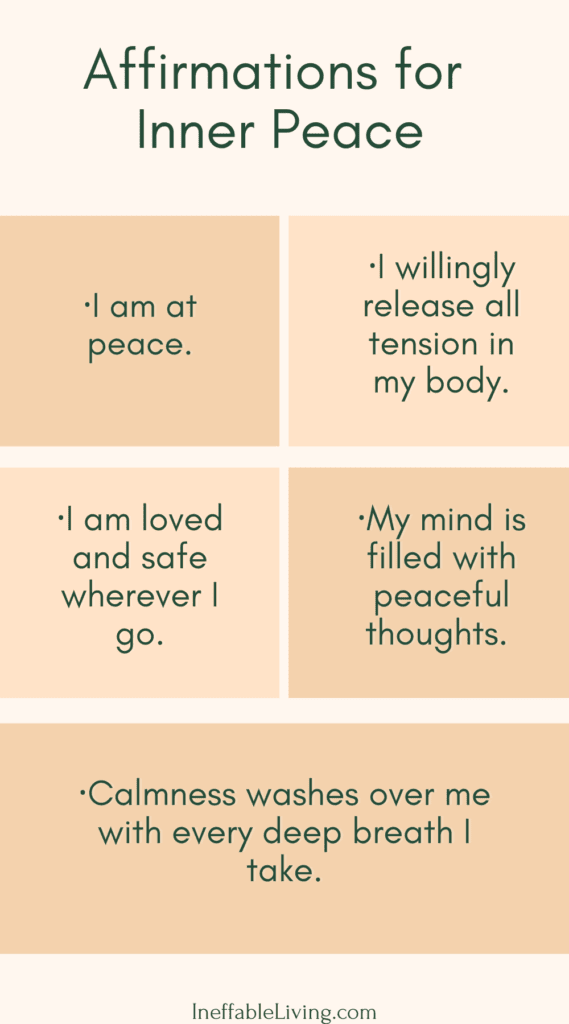
#3. Focus On What You Can Control
Once you’ve identified your fears, determine what’s within your control, and bear in mind that oftentimes, the only thing that we can control is our attitude and behavior.
#4. Influence People Without Trying To Control Them
It’s hard to sit back and watch other people change in a way we don’t approve of or see as self-destructive.
However, demanding and begging aren’t likely going to make them see sense.
If anything, it’s going to make them even more determined to do it, and it might ruin your relationship with them.
Here are some strategies to help you influence others without trying to control them:
Listen before you speak. People are less defensive and more open to what you’re going to say, when you take the time to hear what they have to say first.
Don’t repeat yourself. Share your opinion, but share it once. Repeating your concerns won’t make them any more effective, and the person will likely get defensive at some point.
Change your behavior. If you want someone to quit smoking, instead of nagging on him and taking away his cigarettes, just leave whenever he’s smoking.
If he wants you to stay with him, he may choose to smoke less often.
Point out the progress. If someone is making an effort to be healthier, such as exercising a few times a week, and is getting in better shape, offer some genuine praise.
Related: How to Be More Effective in Relationships (Effective Communication)
#5. Think Before You React Negatively
Try these strategies when you’re tempted to react negatively to people and circumstances that are taking your power.
– Breathe deeply. Taking slow, deep breaths helps relax your muscles and stabilize your heart rate which helps decrease your frustration and anger.
– Distance yourself from the situation. It’s hard to think rationally when you’re angry. When you start to get angry, remove yourself from the situation until you cool down.
You can tell the person that you’re not willing to talk about it right now, or walk away.
– Calm down. Don’t try to address the situation when you’re feeling overly emotional. Distract yourself, even for a few minutes.
Take a walk or read a book. Calming yourself down helps you think more rationally.
Related: When Your Brain Lies to You: How to Stop Cognitive Distortions and Overcome Depression?

#6. Practice Acceptance
Even when you don’t like the situation, accepting it is the best way to let go of the need to control everything.
You can accept that your boss is mean and that your kids aren’t striving to be high achievers.
However, that doesn’t mean you can’t do anything to influence them with your behavior or genuine advice, without feeling the need to force them to be different.
Related: Overcome Suffering In Your Own Way: 4 Keys To Relieve Suffering
Try This Technique – Set Some Time Aside to Worry About It
Being willing to acknowledge something does not mean you like it or enjoy thinking about it.
The truth is, when we purposefully avoid something it seems to get bigger.
Instead of allowing your mind to control you, you want to take control, set some time aside to worry about it, and get it out of your system. You’ll be surprised how it gets smaller and you’ll get better at managing your worries.
1. In your journal, write down everything you’re worried about.
2. Answer the following questions:
- Will this matter in a week? A month? A year?
- What will my life look like if I let this go?
- What is one reason why I don’t want to let this go?
When you notice yourself wandering to that worry, simply remind yourself that you’ve already worried about it. you can worry again tomorrow, for another ten minutes.
After one week, reduce the timer from 10 minutes to 5 minutes.
Giving Up Control Makes You Stronger
When you stop trying to control everything in your life, you start having more time and energy that you can devote toward the things you can control.
This will bring many benefits including the following:
1- Increased happiness. Having a balanced locus of control, with which you understand that you can do so much to control your life, while also recognizing that there are many things that you can’t control, will make you much happier.
2- Better relationships. When you give up your need to control people around you, you start trusting them and accepting them better, which will bring you closer.
3- Less stress. When you stop trying to control everything in your life, you might experience more short-term anxiety, but over the long haul you’ll experience much less stress and anxiety.
4- More success. When you stop devoting your time and energy toward things you can’t control and direct them, instead, toward the things you can control, you become more focused.
You start experiencing increased confidence in your ability to handle things. You also become more able to recognize opportunities as they come your way.
When you focus on controlling circumstances and people in your life, you end up stressed out and not getting any results.
Instead devote your time and energy toward the things you can control, which oftentimes, are only your attitude and behavior.

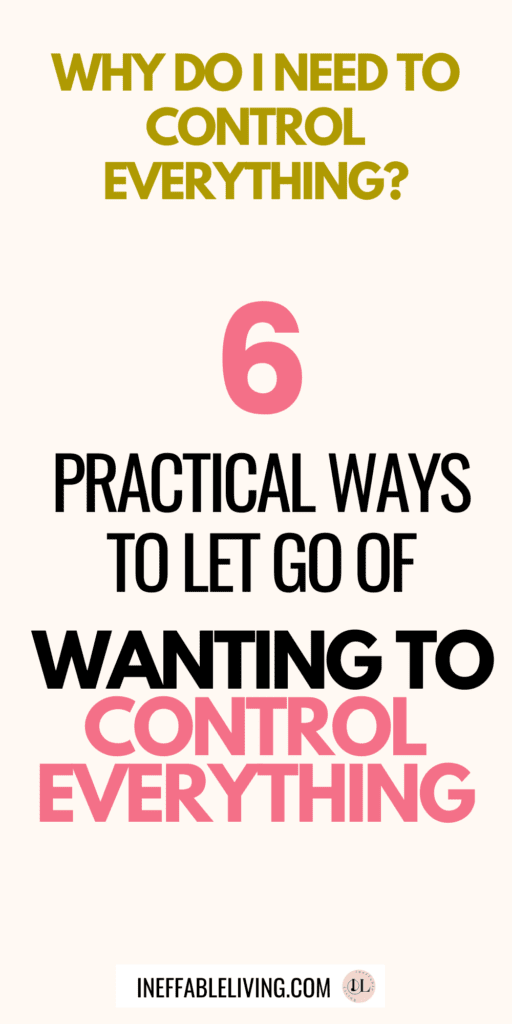
Resources
- Portions of this article were adapted from the book 13 Things Mentally Strong People Don’t Do, © 2013 by Amy Morin. All rights reserved.
- Controlling Behavior: 7 Signs To Look For (webmd.com)
- Controlling Behavior: Signs, Causes, And What To Do About It – Supportiv
- Do You Need to Control Everything?: 5 Causes of Controlling Behavior (psychcentral.com)
- Why Losing Control Can Make You Happier (berkeley.edu)
